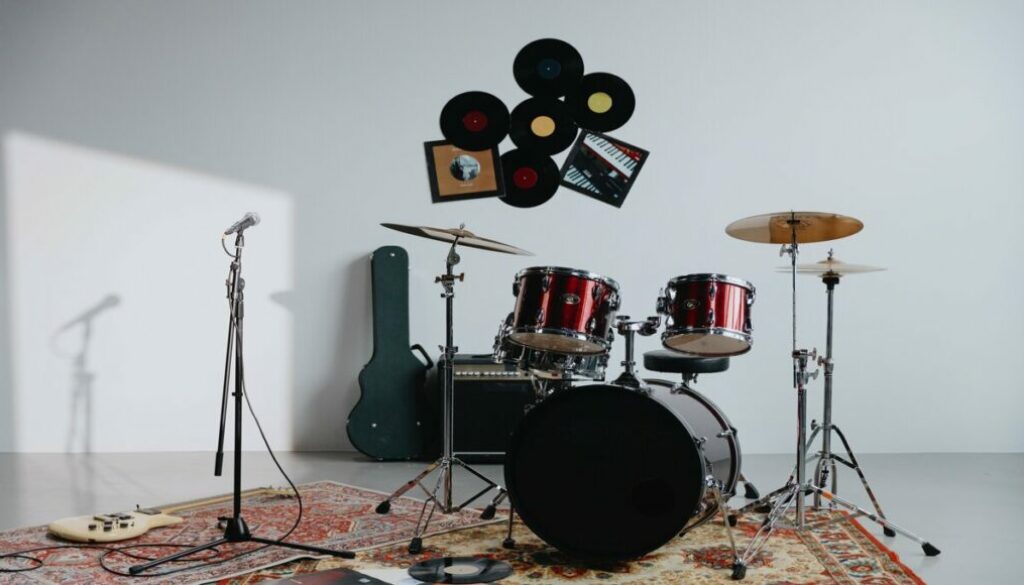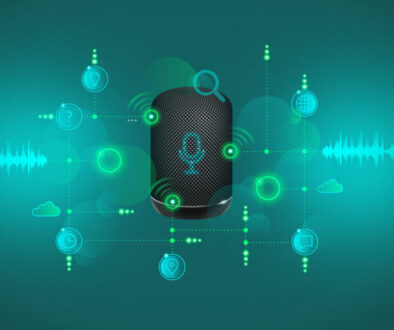AI for Music Production: Give Ideas and Create Music 2023
Artificial Intelligence (AI) in music refers to the use of computer algorithms and systems to create, analyze, or enhance musical experiences. AI for Music Production can compose original pieces, mimic specific musical styles, and even generate harmonies or melodies. By analyzing vast amounts of musical data, AI systems learn patterns and structures, enabling them to produce music that resonates with human preferences. Additionally, AI tools can aid in tasks like automatic music transcription, recommendation systems, and real-time collaboration between musicians. Ultimately, AI’s role in music extends beyond just creating sounds; it transforms how we compose, appreciate, and interact with music, opening up new possibilities and pushing the boundaries of artistic expression.
How AI is Revolutionizing Music Creation
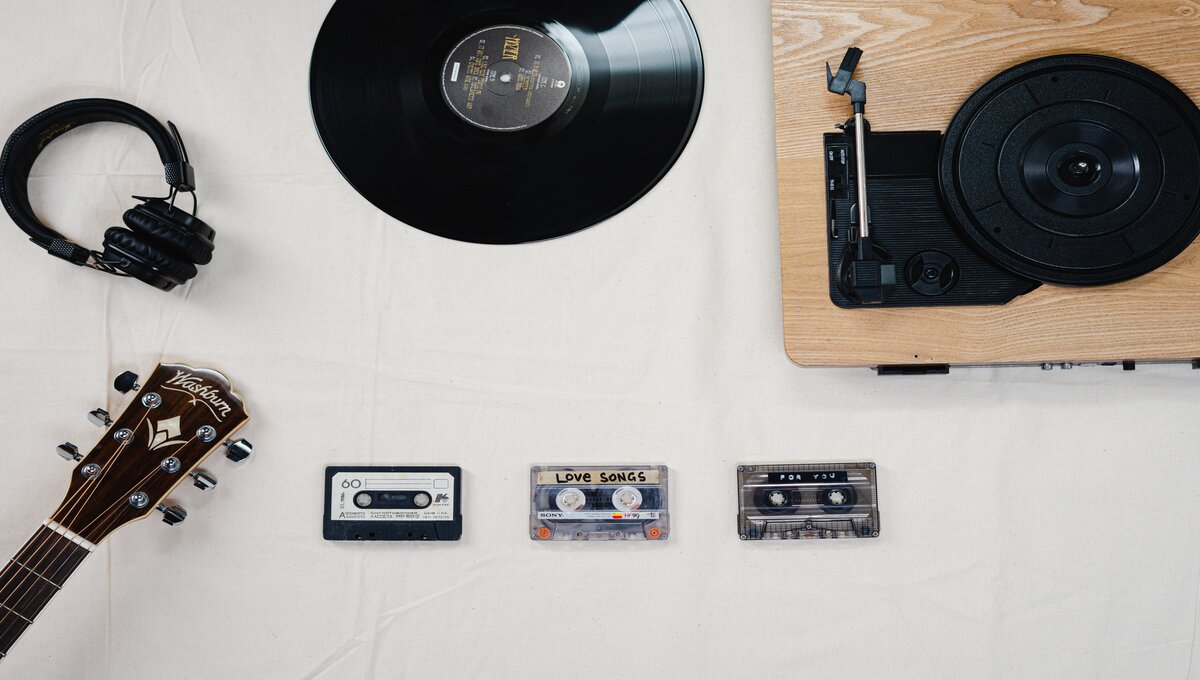
AI-Generated Music Composition: AI for Music Production algorithms are now capable of composing music that not only mimics various genres but also introduces innovative styles. This evolution in AI-generated compositions provides musicians with a vast pool of inspiration, fostering creativity in unprecedented ways.
Enhancing Creative Processes with AI Tools: Musicians can now leverage AI tools to streamline their creative processes. These tools analyze patterns and suggest harmonies, enabling artists to experiment and refine their ideas more efficiently. The marriage of human creativity and AI assistance is becoming the norm in studios worldwide.
Enhancing Creative Processes with AI for Music Production
AI on the creative journey, exploring how these tools streamline workflows, spark inspiration, and redefine the boundaries of musical exploration.
- The Evolution of Creative Processes
- Traditional Approaches to Music Creation
- Examining Conventional Methods in Music Composition
- AI as a Collaborative Partner
- AI’s Role in Idea Generation
- AI aids in generating musical ideas and themes
- Examples of successful compositions born from AI-driven inspiration
- Streamlining the Composition Process
- The efficiency gains achieved by using AI tools in the composition phase
- Reducing time constraints and allowing for more experimentation
- Creative Exploration and Innovation
- Breaking Genre Boundaries
- The fusion of traditional and experimental elements in AI-assisted compositions
- Pushing Artistic Boundaries
- Collaborative projects that showcase the fusion of human creativity and AI precision
- AI-Generated Melodies and Harmonies
- Exploring the capabilities of AI in generating melodic and harmonic elements
- Remixing and Reconstruction with AI
- AI tools facilitate the remixing and reconstruction of existing compositions
- The Human Touch in AI-Enhanced Compositions
- The importance of retaining human emotion and intuition in AI-assisted creations
- Strategies for maintaining authenticity in the face of technological precision
- Leveraging AI as a Tool, Not a Replacement
- Guidance for musicians on incorporating AI as a creative tool
- Balancing the strengths of AI with the unique contributions of human creativity
- Envisioning a future where AI becomes an integral part of the creative process
Unlocking Creativity: The AI for Music Production Advantage
The integration of AI tools into music production has ushered in a new era of creative possibilities. By enhancing and streamlining creative processes, AI empowers musicians to explore uncharted territories, break genre boundaries, and push the limits of artistic expression. The harmonious collaboration between human creativity and AI precision promises an exciting future for the world of music.
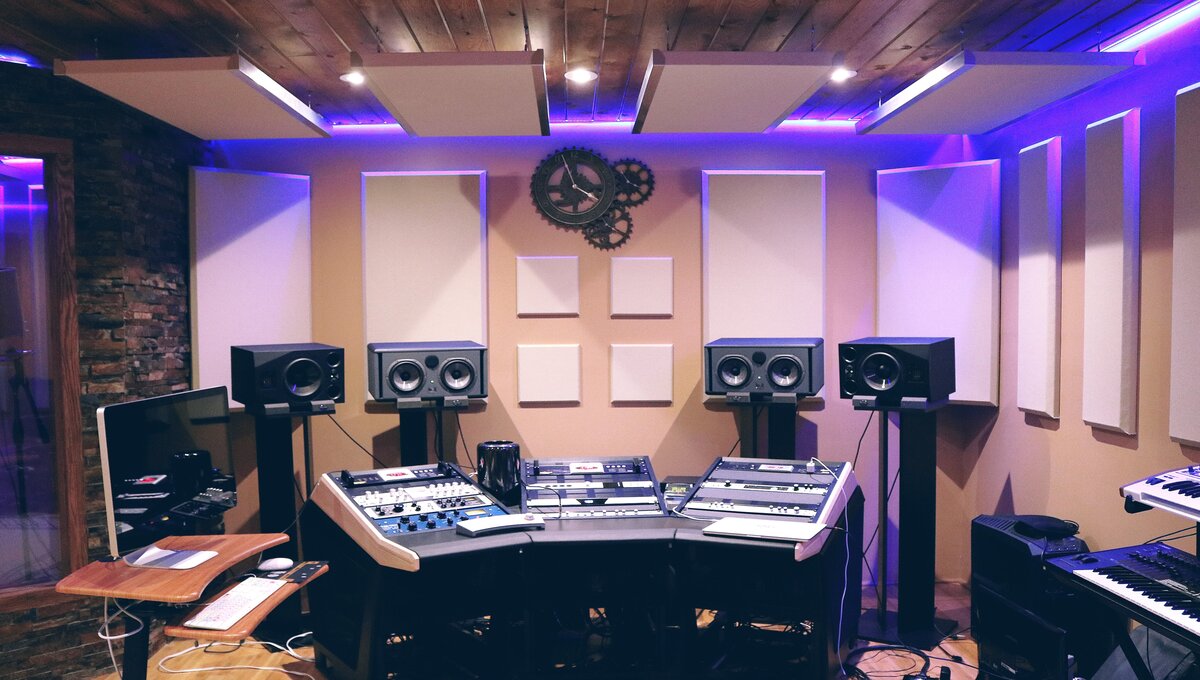
AI truly understands the nuances of an artist’s unique style: AI can learn and mimic certain aspects of an artist’s style, but preserving the full spectrum of unique artistic expression remains a collaborative effort between humans and machines.
AI tools impact the spontaneity and improvisation in music creation: While AI tools can provide structure and suggestions, the spontaneity and improvisational aspects of music creation are preserved through the artist’s interpretation and creative decisions.
limitations to the types of instruments or genres that AI can effectively enhance: AI’s adaptability allows it to enhance a wide range of instruments and genres. However, certain nuances and cultural elements may present challenges in replicating specific musical styles.
creative control when using AI tools: Musicians can maintain creative control by using AI as a tool rather than a replacement. Understanding the technology, setting parameters, and infusing personal input ensure the artist’s influence in the creative process.
Benefits of Integrating AI for Music Production
Increased Efficiency and Speed: One of the primary advantages of incorporating AI in music production is the significant boost in efficiency and speed. Tasks that traditionally take hours can now be accomplished in minutes, allowing musicians to focus more on the artistic aspects of their work.
Exploration of New Musical Styles: AI facilitates the exploration of uncharted musical territories. Musicians can experiment with genres and styles they might not have considered before, discovering fresh, innovative sounds that resonate with diverse audiences.
Customization for Individual Artists: AI for Music Production caters to the unique preferences of individual artists. Whether it’s adjusting tempos, modifying instrumental arrangements, or fine-tuning compositions, AI allows musicians to personalize their work, ensuring a more authentic representation of their artistic vision.
AI-Powered Music Instruments
Virtual Instruments and Synthesizers: AI has given rise to virtual instruments and synthesizers that replicate the sound of traditional instruments with remarkable accuracy. Musicians can access an extensive library of sounds, expanding their sonic palette and broadening the possibilities within their compositions.
AI-Enhanced Sound Mixing: Sound mixing, a crucial aspect of music production, has seen remarkable improvements with AI for Music Production. Automated mixing processes powered by AI algorithms ensure a more balanced and polished final product, saving time and enhancing the overall quality of the music.
Challenges and Controversies in AI for music production
Concerns about Job Displacement: While AI brings undeniable benefits, concerns about job displacement in the music industry have surfaced. The automation of certain tasks may reduce the demand for certain roles, prompting discussions about the delicate balance between technology and human involvement.
Ethical Considerations in AI-Generated Music: The ethical implications of AI-generated music also raise important questions. Issues related to copyright, ownership, and the authenticity of AI-created compositions need careful consideration to ensure fair practices within the industry.
The Future of AI in Music Production
Emerging Technologies: As technology advances, new AI applications in music production continue to emerge. From more sophisticated composition algorithms to enhanced real-time collaboration tools, the future promises even more exciting possibilities for the music industry.
Collaboration between Artists and AI: The future of AI in music production may involve deeper collaboration between artists and AI systems. Musicians might find themselves working alongside intelligent algorithms, creating a harmonious blend of human emotion and artificial intelligence.
Real-World Examples of AI for Music Production
Success Stories of AI in the Music Industry: Numerous success stories highlight the positive impact of AI in the music industry. From Grammy-winning albums with AI-assisted compositions to chart-topping hits produced using AI-generated beats, these examples demonstrate the transformative potential of AI in music creation.
Popular AI Tools for Musicians: Several AI for Music Production have gained popularity among musicians. From AI-powered music composition software to virtual instruments with smart learning capabilities, these tools empower artists to explore new horizons in their creative endeavors.
Tips for Musicians Using AI for Music Production
Understanding and Embracing AI Technology: Musicians keen on integrating AI into their workflow should invest time in understanding the technology. Embracing AI as a tool rather than a replacement for creativity allows artists to harness its power while preserving their unique artistic expression.
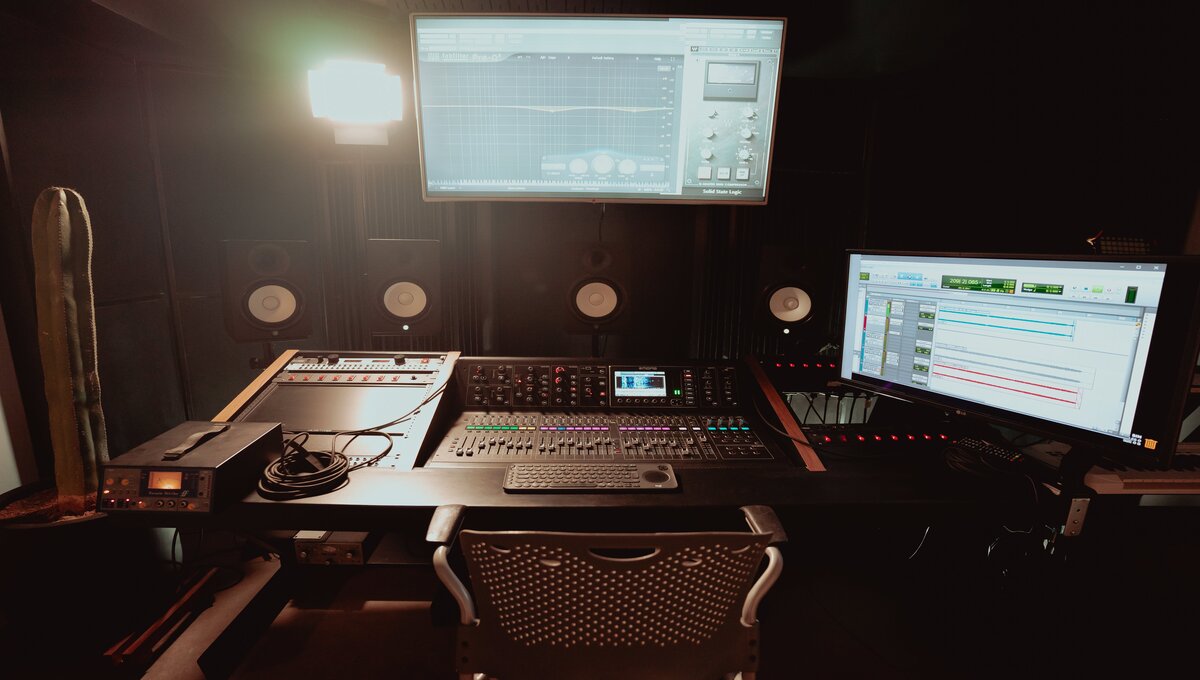
Balancing Traditional and AI Approaches: While AI for Music Production opens new doors, musicians must strike a balance between traditional and AI-driven approaches. Combining the emotional depth of human creativity with the precision of AI algorithms can lead to truly exceptional musical compositions.
Conclusion
In the realm of music production, AI catalyzes innovation. Its ability to enhance creativity, increase efficiency, and open new possibilities underscores its transformative impact on the industry. As we navigate the evolving landscape, the collaboration between human musicians and AI promises a harmonious future of endless musical exploration.
